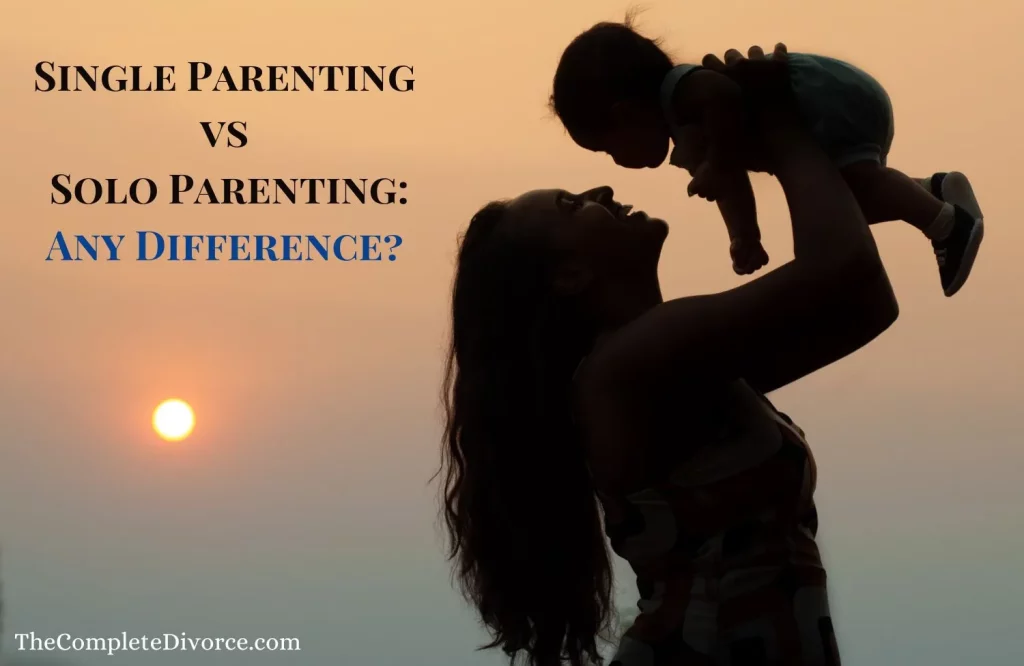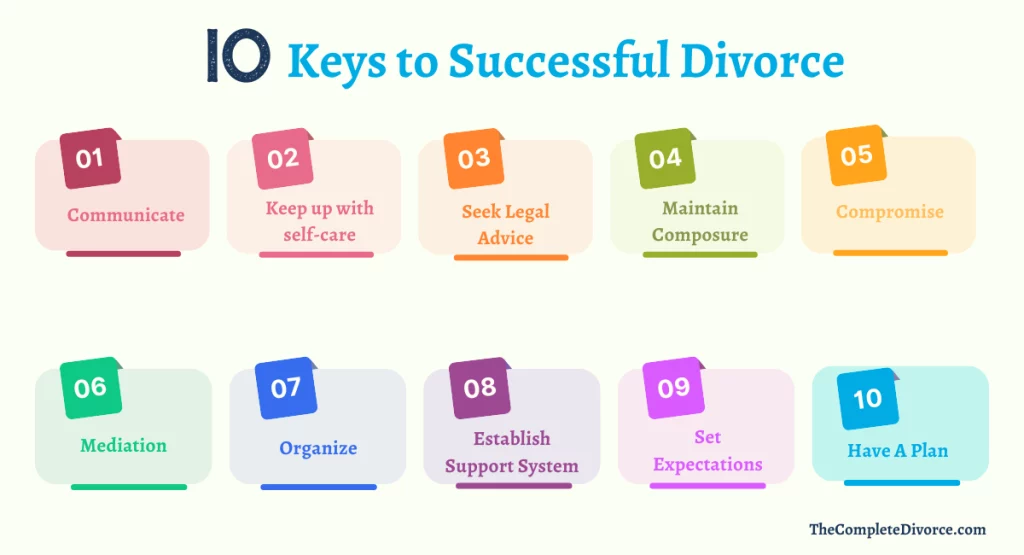
Share
Creating a Detailed Parenting Plan for California Divorce

Dina Haddad
Founder & Attorney Mediator
I’m Dina Haddad, a family law attorney-mediator in California. I’m so tired of couples not having a process that’s easy to complete their divorce. They are getting lost, wasting time and money, and beyond frustrated with their results.That’s why I created TheCompleteDivorce. I took my successful mediation practice and condensed it into an affordable and winning program.
A parenting plan details your responsibilities to care for your children. I’m a big proponent of detailed parenting plans and believe it’s the best way to set yourself up for co-parenting success. With a detailed parenting plan, parents know their parenting role and what to expect from each other. Even if you and your spouse are easygoing and agreeable when it comes to the children, unlike before, you can’t rely on being in the same house with your spouse to discuss parenting issues. You also won’t always know what’s happening with your children in the same way you knew what was going on when you were all together. A detailed parenting plan addresses these issues. It provides you the rules to follow and acts as a tiebreaker when there’s a disagreement.
There are many details you can include in your parenting plan. You will include whether you have sole or joint legal and physical custody, and your timeshare schedules. Regular or school schedule, holiday schedule, summer schedule, and summer vacations. Then, you add more details about extracurriculars, school, medical and other child-related information. For example, you agree you will each receive information about your children directly from the school. You also agree to extracurricular activities for your children or schedule those activities only on that parent’s time. Add any other areas you and your spouse are likely to have more trouble, like introducing children to romantic partners or having licensed firearms in the house. You can also include details about the children’s birthdays and birthday parties, or even your birthdays.
An excellent parenting plan also includes ways to handle disagreements. You can have a disagreement about how to follow a provision in the parenting plan or a disagreement with the parenting plan itself. Suppose, in your parenting plan, you are both entitled to half of Spring break with your children. You and your spouse cannot decide who gets which part of the week. Your parenting plan can resolve this problem before it happens. You include a provision that says you have priority to select your weeks in odd years, and your spouse in even years. If this happens in an odd year, you get the disputed week.
The second kind of disagreement is with the parenting plan, whether it is the entire plan or a provision in the plan. Suppose you no longer agree that the regular schedule is working. Your parenting plan can include a process to resolve this problem. You try to resolve it together. If you cannot, you must go to a parenting coach or mediation for a minimum of three hours. Then, if that does not work, you can file a motion with the court to modify child custody. This process wouldn’t apply in situations where the child’s well-being is at risk. If you find your child’s well-being to be in immediate danger, call your local police department. You may also file a motion with the court on an emergency basis, called an expert.
You can also include a provision in your Parenting Plan that changes can be made via email and doesn’t require a court order. If you can’t agree, the Parenting Plan remains in effect until you do reach an agreement or have a court order.
Creating a Parenting Plan
You can prepare your parenting plan for the divorce agreement by writing one, using our template, or using the court’s Judicial Council Family Law forms. If using the court forms, you will want to use the FL-341 series of forms, which include a form to include the regular schedule, preprinted chart for the holiday schedule, and important co-parenting agreements. These forms make it easier to put a parenting plan together, but can also be limiting if you have more agreements. In that case, you can review these forms for ideas to include in your parenting plan. write.
As you work through your parenting plan, keep your children the priority. Part of that is working cooperatively with your spouse. Unfortunately, there are parents that threaten to use the court if they don’t get the parenting schedule that they want. That’s never a good idea. Litigating custody has negative consequences to you and your children and the court can impose sanctions against parents who over litigate their custody issues. This behavior threatens your chances to co-parent successfully and makes it harder for your children to recover from the divorce. Children of divorce do the best when their parents get along. Handling the custody discussions in a healthy way now, will result in a more stress-free and successful co-parenting relationship between you and your spouse in the future. The best you can do for your children is to agree on how you will co-parent them post-divorce. There are plenty of resources to help you, including free co-parenting classes through the court and private custody mediators, who are experts in this field. If you need a custody agreement or order while you are working on your case, follow the steps in Obtaining Temporary Orders.
Your hard work and collaboration with your spouse on your Parenting Plan and Holiday Schedule will become part of your Marital Settlement Agreement, which is your divorce agreement.
At TheCompleteDivorce, we provide you with what you need to successfully do your California divorce on your own. We provide all the required family law court forms in our automated forms program, all the video tutorials, and an automated customizable Marital Settlement Agreement (Divorce Agreement). If you need more help, you can get our package that includes time with a divorce mediator.
Before you go, consider if we can help you. We have helped thousands of couples in California. Our guided DIY divorce is successful and cheap! Our services are all 5-star!






